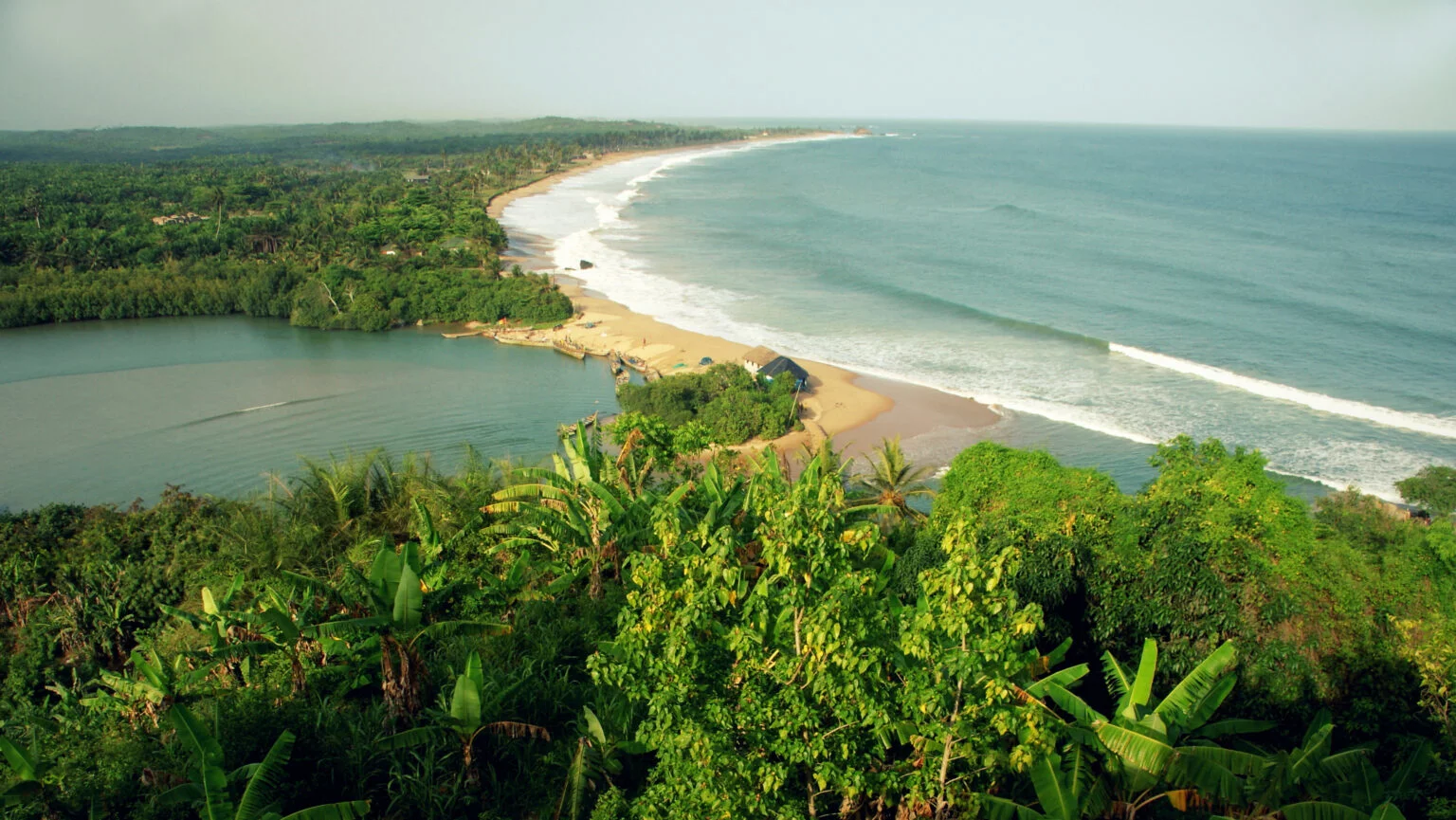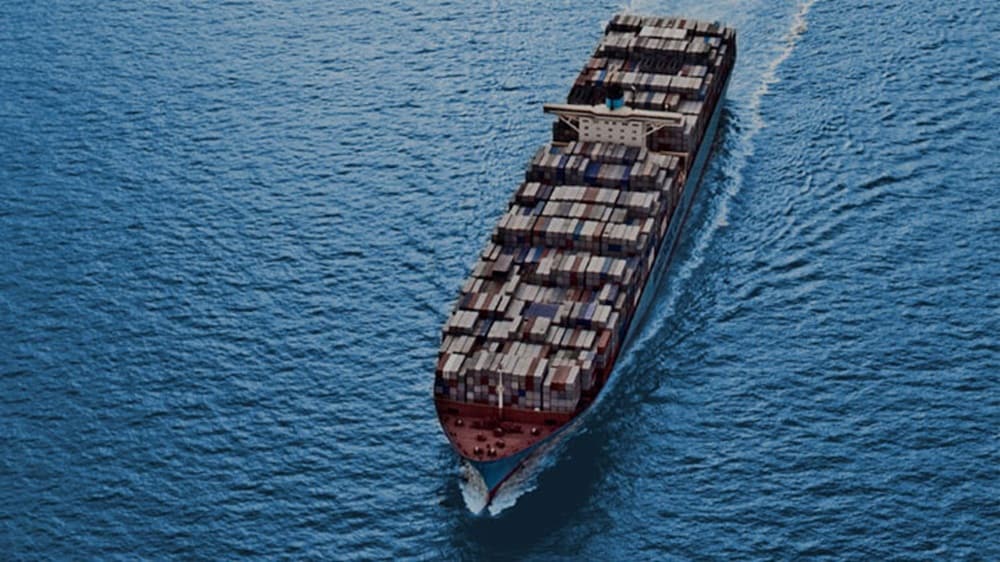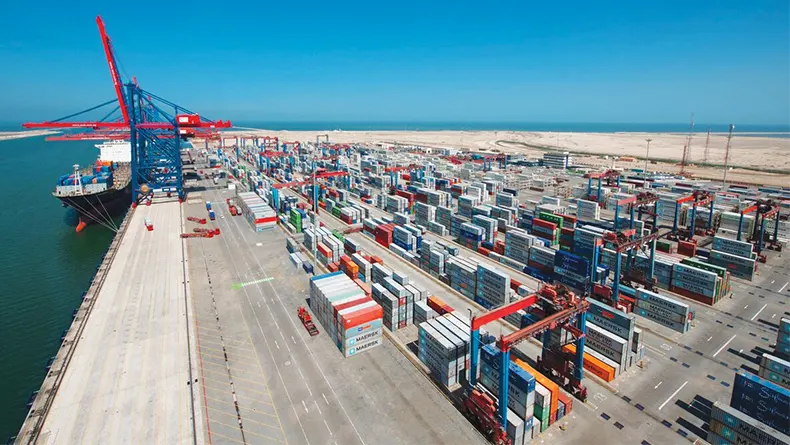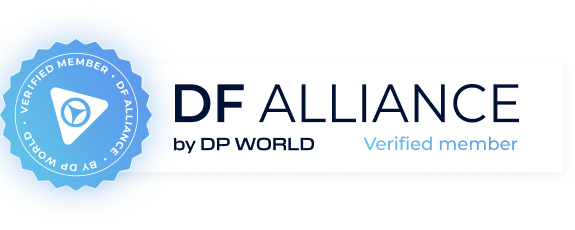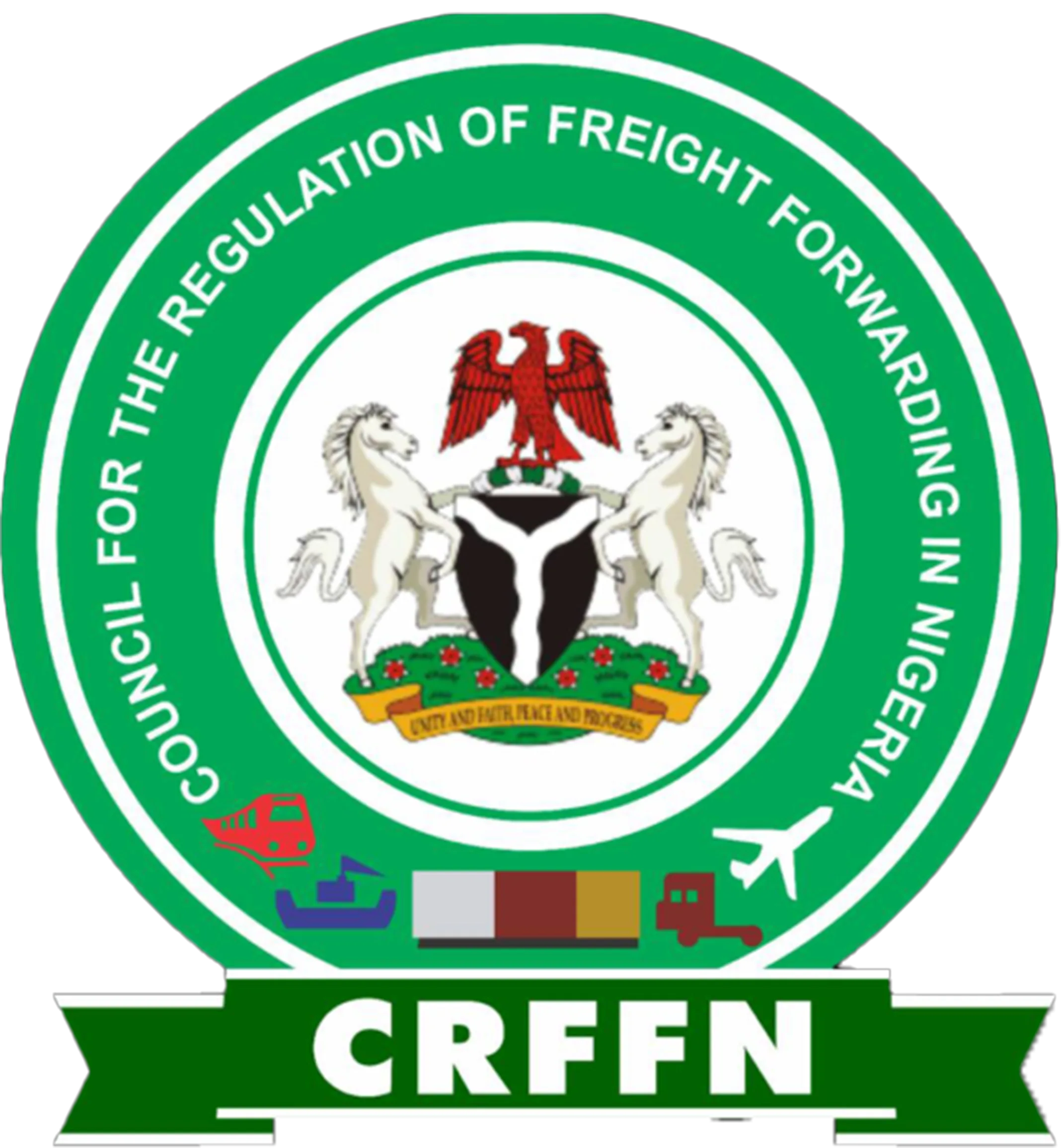Connecting Kenya across Africa and beyond
As a leading Kenyan shipping provider, we harness our established presence within East Africa’s dynamic trade hub to ensure seamless cargo flows. Our expertise spans the export of Kenya’s renowned commodities – tea, coffee, horticultural products, and manufactured goods – to destinations across the continent and beyond.
We recognize Kenya’s position as a vital gateway for imports, facilitating the influx of machinery, raw materials, and consumer goods from global markets. Limark Kenya guarantees the reliable distribution of these imports throughout the country. Our strategic logistics planning ensures the timely integration of these goods into the heart of Kenya’s vibrant economy.

Import regulations
Importing goods to Kenya requires navigating specific procedures and documentation. Here’s a breakdown of the essential requirements:
Export regulations
Get a detailed guide that provides an in-depth look into every aspect of the export process to ensure your goods are shipped efficiently and in compliance with all legal standards.

Expertise You Can Trust
Seamless cross-border shipping to and from Kenya
Kenya’s complex trade regulations can be a labyrinth, with costly delays and penalties often lurking for non-compliance. Let Limark Forwarding be your expert guide. Our deep understanding of Kenyan logistics and extensive experience ensure seamless, compliant shipments — safeguarding your operations and minimizing disruptions.
We know the success of your Kenyan operations hinges on reliable, predictable shipping. With a proven 94% on-time delivery record in Kenya, Limark delivers peace of mind. Our meticulous planning, strategic partnerships, and focus on process optimization can translate into potential cost savings. Contact Limark today and experience effortless Kenyan trade.
Get Expert Guidance
Contact our regional experts
Partner with experienced freight forwarders and customs brokers for seamless shipping to and from Kenya. Ensure full documentation compliance with the guidance and logistics services of our team.
